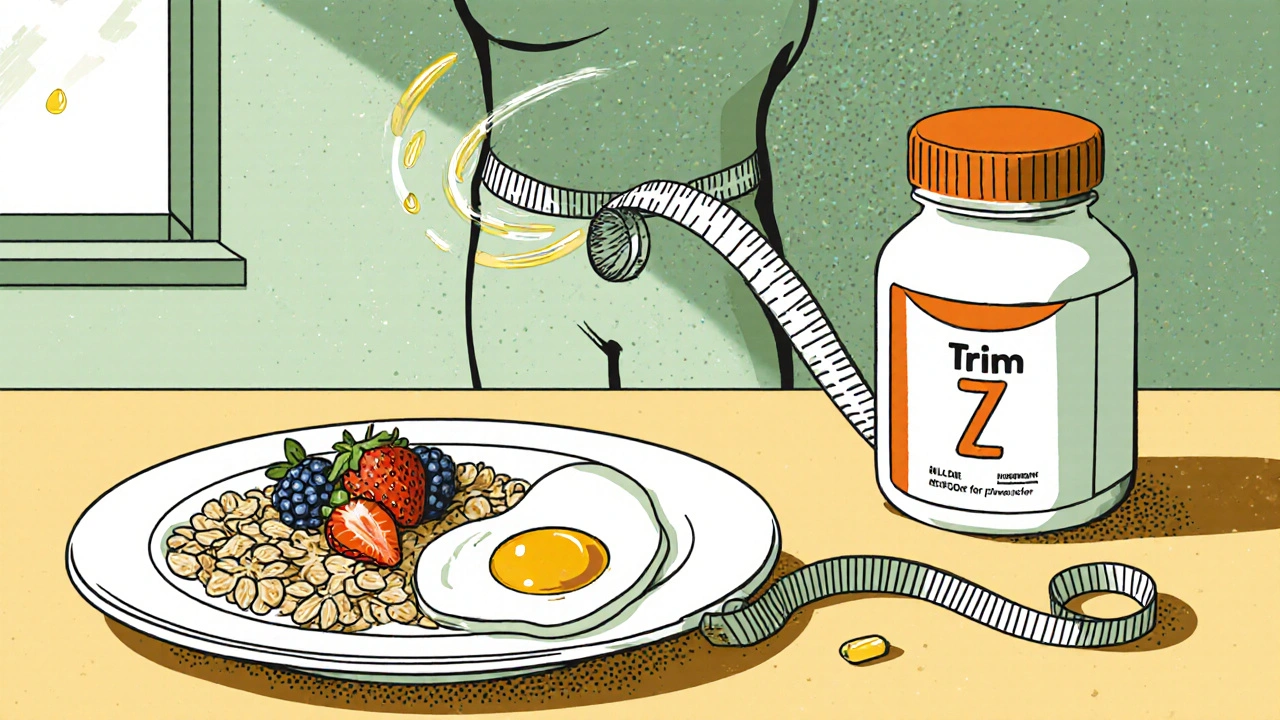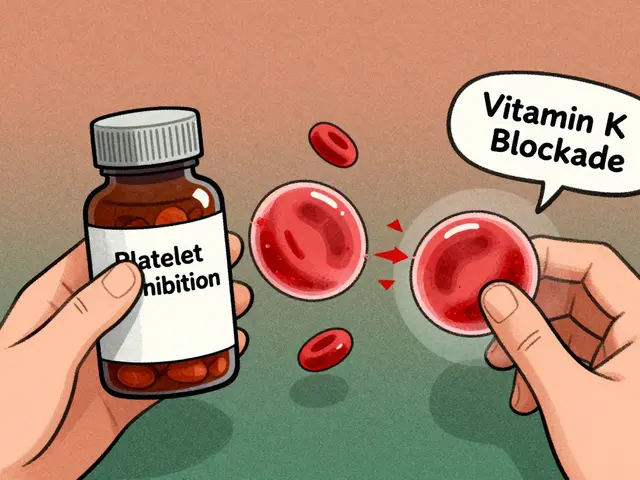Best Weight Loss Medication: What Actually Works and What to Avoid
When people search for the best weight loss medication, they’re not looking for magic pills—they want something that works without wrecking their health. The truth is, not all weight loss drugs are created equal. Some are backed by years of clinical data, while others are just fancy supplements with no real proof. The FDA-approved weight loss pills, prescription medications clinically shown to help people lose and keep off weight are the only ones you should consider seriously. These include drugs like semaglutide, liraglutide, phentermine, and orlistat—each with different mechanisms, side effects, and who they’re meant for.
It’s not just about popping a pill. The prescription weight loss drugs, medications regulated by health authorities for treating obesity or overweight with related health risks work best when paired with lifestyle changes. You can’t out-drug a bad diet or zero movement. These medications help by reducing hunger, slowing digestion, or blocking fat absorption—but they don’t replace the need to eat better and move more. Many people stop taking them once they reach their goal weight, only to gain it back because they didn’t build new habits. The real win comes when the medication gives you the push to make lasting changes.
There’s a big difference between what’s sold online as a "miracle fat burner" and what’s actually approved by medical authorities. The appetite suppressants, drugs that act on brain signals to reduce hunger and increase fullness like phentermine can help short-term, but they’re not for everyone—especially if you have high blood pressure or heart issues. Meanwhile, newer drugs like semaglutide (originally for diabetes) have shown impressive results, with some users losing 15-20% of their body weight. But they’re expensive, and access is limited. And don’t fall for herbal "alternatives" that claim to mimic these drugs—they often contain hidden, dangerous ingredients not listed on the label.
What you won’t find in most online ads is the truth about side effects. Nausea, headaches, and digestive issues are common with many of these medications. Some carry black box warnings for serious risks like pancreatitis or gallbladder disease. That’s why you need a doctor involved—not a YouTube influencer or an unregulated online pharmacy. The obesity treatment, a medical approach combining medication, diet, exercise, and behavioral support to manage excess body weight isn’t one-size-fits-all. What works for one person might be useless—or dangerous—for another.
Below, you’ll find real comparisons between different options, including how they stack up against each other in effectiveness, cost, and safety. You’ll see what people actually experienced, not just what marketing claims. There’s no fluff here—just clear, honest info based on real studies and patient outcomes. Whether you’re considering a prescription, wondering if a supplement is worth it, or just trying to understand why some drugs work better than others, you’ll find answers that cut through the noise.

- Oct 18, 2025
- Posted by Cillian Osterfield
Trim Z (Orlistat) vs. Top Weight‑Loss Alternatives: Pros, Cons & FAQs
A detailed comparison of Trim Z (Orlistat) with top weight‑loss drugs, covering effectiveness, side effects, cost, and who should use each option.
Categories
- Health and Wellness (72)
- Medications (68)
- Health and Medicine (28)
- Pharmacy Services (12)
- Mental Health (9)
- Health and Career (2)
- Medical Research (2)
- Business and Finance (2)
- Health Information (2)
Latest Posts
©2026 heydoctor.su. All rights reserved





